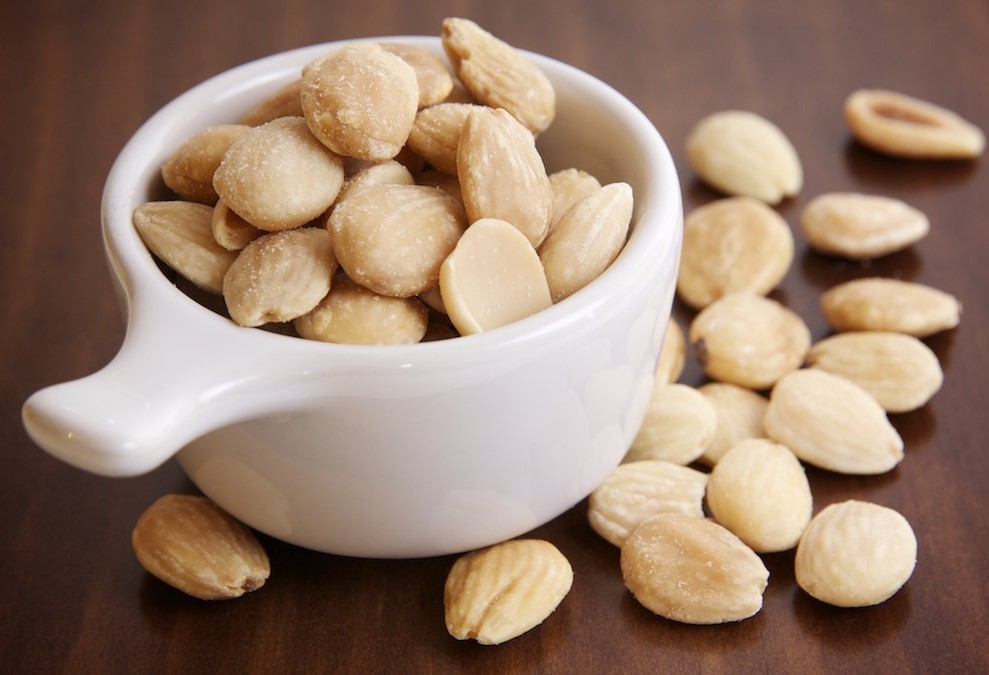
Almonds
Almonds are one of the world's healthiest foods. They're high in monounsaturated fats, the same ones that got olive oil its reputation for promoting healthy hearts. Almonds contain more protein than steak and more fibre than oatmeal, together with an impressive 248mg of magnesium and 650mg of potassium. Magnesium helps relax your blood vessels, while potassium helps to regulate fluid transfer between cells. Taken with the effects of the monounsaturates, maybe that explains why researchers recently found that people who ate nuts five times a week had a 50% lower chance of heart attack! The antioxidant effects of the Vitamin E might have something to do with it, too, of course. And did I mention the protein? If you're looking for a convenient, healthy snack to support your training, you'd be hard pressed to do better than almonds.
- Important notification about information and brand names used in this slideshow!
- Photo courtesy of Jonathan Pincas by Flickr : www.flickr.com/photos/saynototheoffice/6331879168/
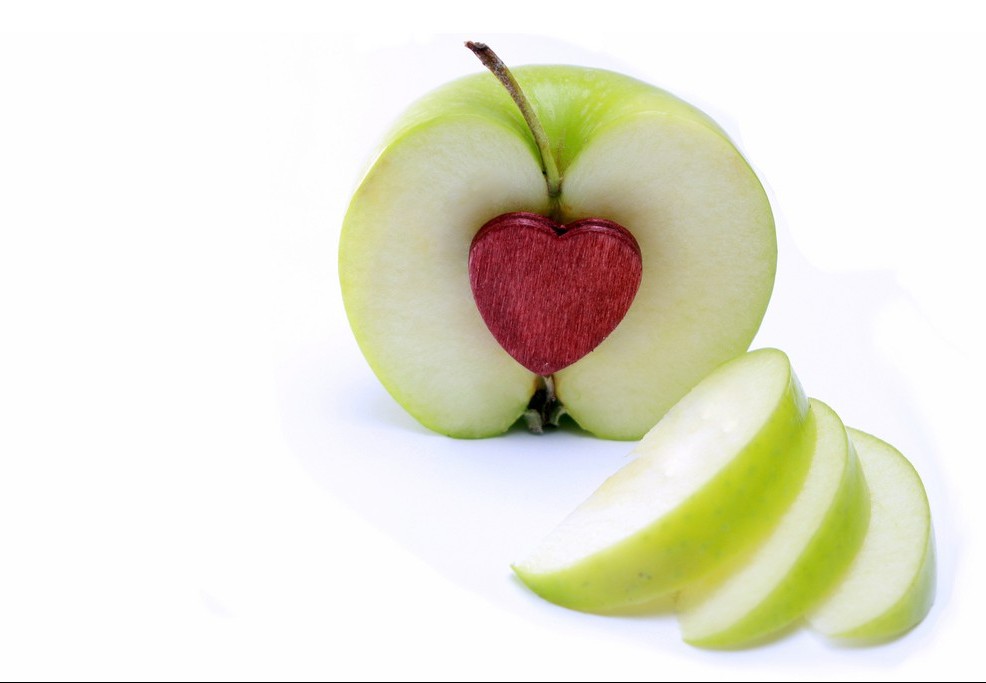
Apples
Apples are an ideal snack food. They're rich in fibre, high in antioxidants and offer some calories too. That's important - after all, you're not snacking because you're not hungry - but the high fibre and water content of apples add up to make you feel fuller for longer compared with an equivalent amount of energy for other sources. A typical apple contains about 80 calories, but apples have other benefits over alternative snacks. They don't require packaging, heating, cutlery to eat - just give it a quick polish, eat and throw away the core. And with a typical apple providing 14% of your day's Vitamin C allowance, they're a great way to help your body recover from a tough training session - or just a tough day. If you don't buy your apples organic, wash them in soapy water before you eat them to dissolve the wax on the skin that holds pesticides and other nasties.
- Important notification about information and brand names used in this slideshow!
- Photo courtesy of KMoFoto by Flickr : www.flickr.com/photos/28032587@N06/8986314041/
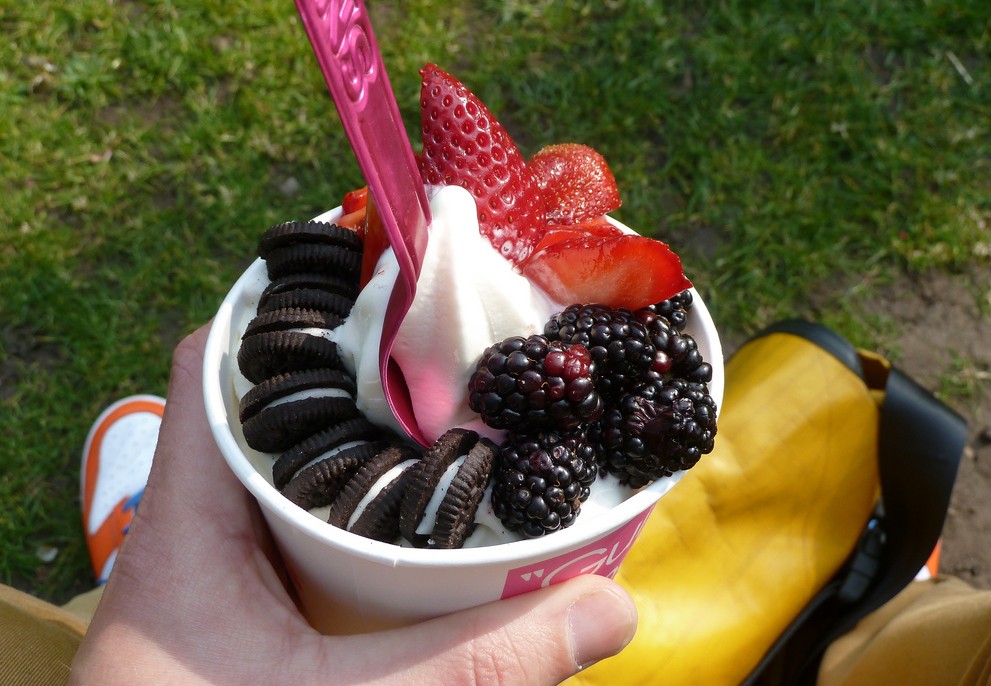
Yoghurt
Yoghurt is made from milk, but it offers a significantly different nutritional profile because of what happens when it's fermented. Compared with milk, yoghurt is typically lower in water content, less sugary and fattier. If you're lactose intolerant but you tolerate casein well, yoghurt can be a great way to get some quality protein into your diet, since the bacteria tat ferment it actually eat the lactose, meaning there's hardly any present in yoghurt. A range of yoghurts are available, with classic Greek style being the fattiest at about 10% fat and natural yoghurts going down to 1% or 2% fat. Live yoghurts are a good idea if you're on antibiotics, since they recolonise the bowel with benign flora where the antibiotics kill off the native bacteria, and you can otherwise get a bowel infection. They also act as pre and probiotics, supporting healthy intestinal flora. Avoid 'low fat' or 'light' versions; they're either thickened with HFCS or sugar to replace the cream, or thickened with xanthan gum and flavoured with artificial sweeteners that don't contain any calories but still sabotage your metabolism.
- Important notification about information and brand names used in this slideshow!
- Photo courtesy of Magnus D by Flickr : www.flickr.com/photos/magnus_d/5565591110/
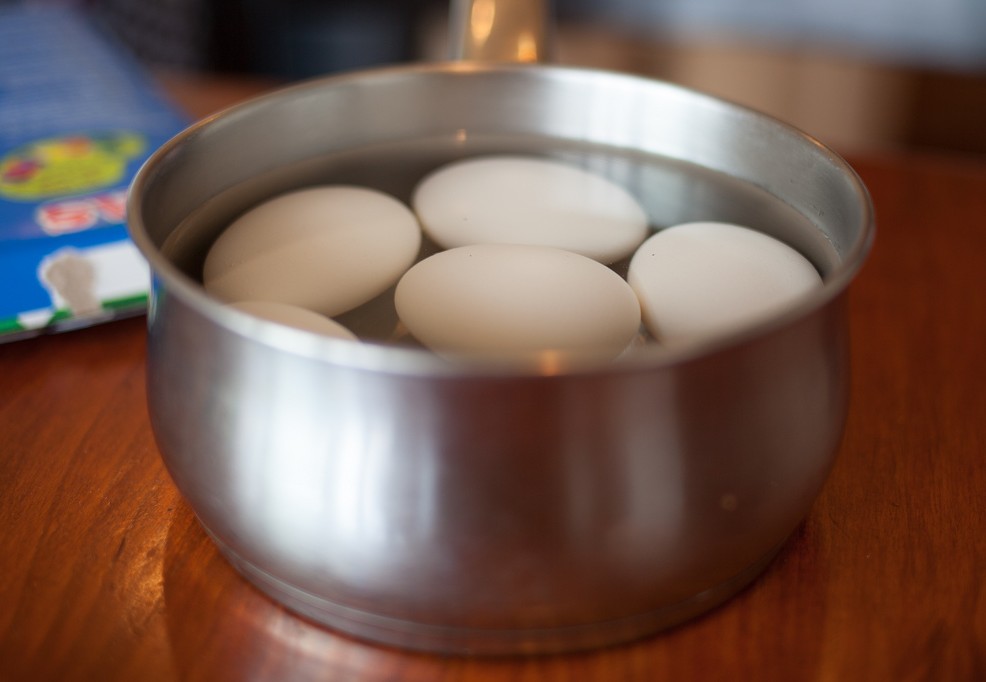
Hard Boiled Eggs
Hard boiled eggs take only a few minutes to cook and can be cooked with minimal supervision, so you can do something else while they boil. And when they're done, all you need to do is run them under cold water, dry them and take them with you. They don't need any more preparation than taking the shell off and can be eaten cold in a few bites. For busy people, hard boiled eggs are an ideal option! Nutritionally, hard boiled eggs offer a good range of nutrients. There's between 6 and 8 grams of protein in an egg, and typically about 70-80 calories. Packed in with that you'll get plenty of fats to fuel your training or your life, and a good amount of B12 and selenium too.
- Important notification about information and brand names used in this slideshow!
- Photo courtesy of Matt Biddulph by Flickr : www.flickr.com/photos/mbiddulph/7058667309/
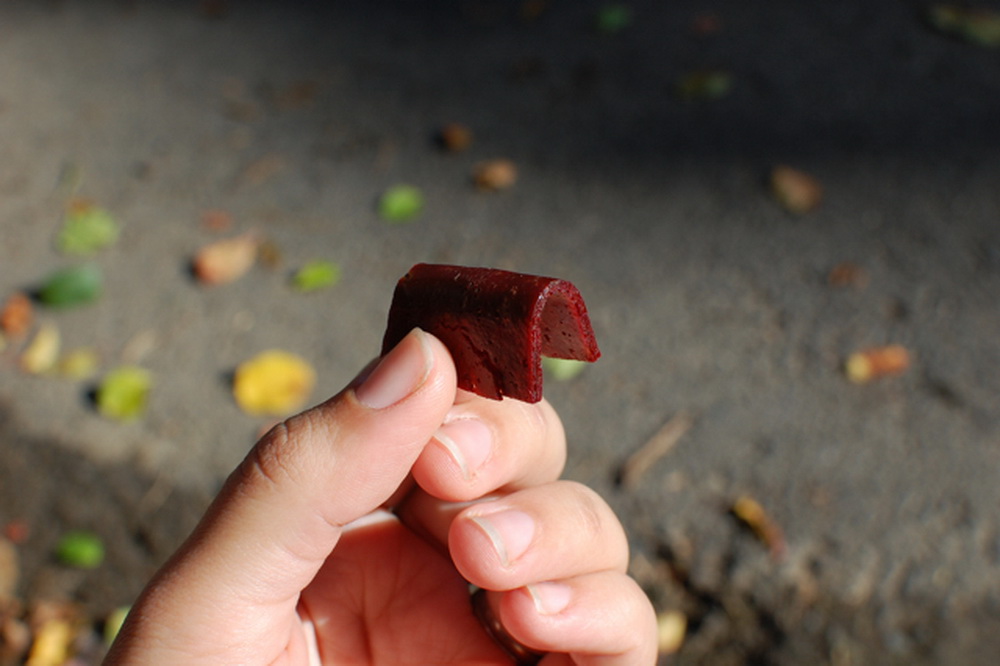
Fruit leather
Fruit leather comes in a wide variety of styles and flavours, from brightly coloured, flavoured types with added sugar to unbleached, undyed, fully-natural ones. You know which one you should be going for, right? Fruit leather is just what's left of fruit after all the water's gone, and that usually means the leather will be sweeter than the fruit. It's usually also pretty tough, meaning it takes a long time to digest. If you're trying to keep yourself fuelled up through a tough day with little time for meal breaks, that's perfect. Compared with whole fruits, fruit leather won't have anything like as much vitamins, especially things like Vitamin C which are destroyed during the drying process. But there's still plenty of fibre, fructose as a fuel source (relax: it's fine if you eat it with plenty of fibre to slow digestion) and it's still a good source of potassium and of the polyphenols and phenolic acids that give many fruits their anti-oxidant properties.
- Important notification about information and brand names used in this slideshow!
- Photo courtesy of Justin Snow by Flickr : www.flickr.com/photos/justinandelise/5066020962/
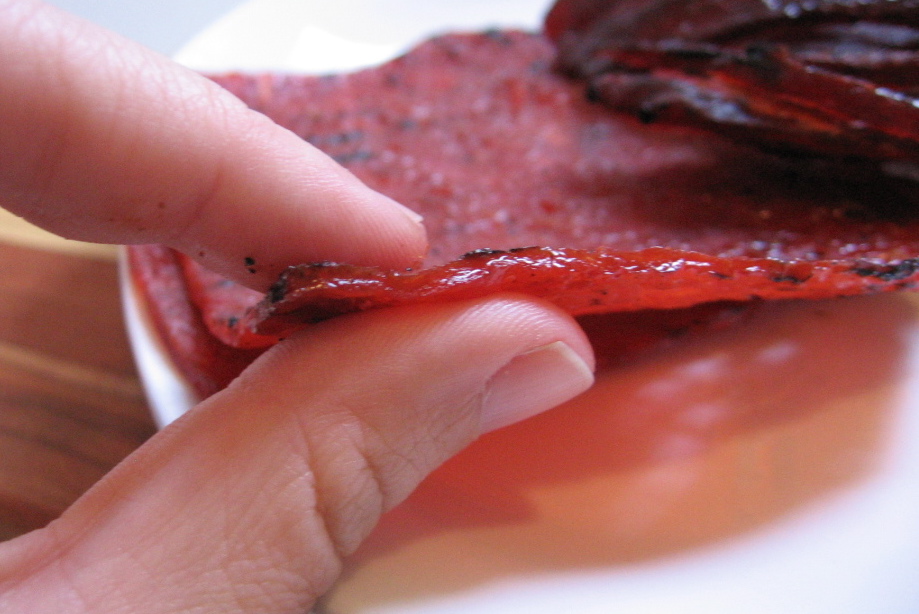
Jerky
Jerky is dried meat. Traditionally, meat would be cut thin and wind and sun-dried or smoked. The result is a tough, often quite salty snack and it's often flavoured with spices, smoke from the smoking process or artificial smoky flavour. For many people that makes jerky an acquired taste, but it's a great snack choice if you're on the move. Relatively low in calories, jerky has plenty of protein and some fat, meaning it's digested slowly and offers good nutritional value; all the vitamins in the meat are still there too. Plus it's extremely convenient: just open the package and start chewing!
- Important notification about information and brand names used in this slideshow!
- Photo courtesy of Kristen Bonardi Rapp by Flickr : www.flickr.com/photos/gezellig-girl/419324618/

Bananas
Bananas are a dietary staple in some areas where they grow easily. While we tend to eat smaller, sweeter varieties, they're still a great snack food. They're good sources of Vitamin C, as fruit often is, but you can get 22% of your vitamin B6 requirements for the day from a single banana, and they're high in potassium, manganese and other trace elements too. Best of al, they're incredibly convenient to eat, even easier than apples, though they have a tendency to get squashed if you don't pack them carefully! Unlike most of the snacks listed here bananas are actually quite calorific, with a single medium sized banana giving just over 100 calories, making them an ideal addition to pre or post workout nutrition. ANd they make a great smoothie base too!
- Important notification about information and brand names used in this slideshow!
- Photo courtesy of Alex T. by Flickr : www.flickr.com/photos/alextat/2875143293/
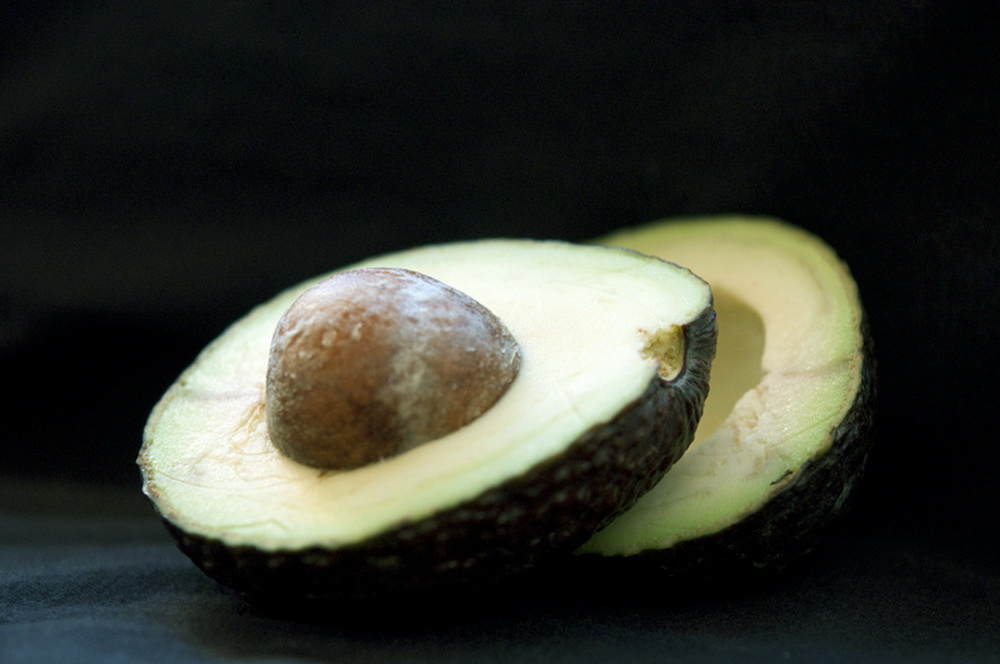
Avocado
Avocado is a highly unusual fruit. For one thing, it's high in fat, with a single avocado containing 45g of fat! That's the kind of figure you'd expect from an animal food, but avocados have more surprises too. They're extremely high in Vitamin K with one fruit providing half your daily recommended intake, and they're rich in trace elements too. If you're vegetarian you can use avocados for the purposes others might use a meat based snack for. Even if not, they're rich in heart-healthy oils, fibre and vitamins, as well as being full of energy with a single avocado offering over 300 calories. Slice them at home and eat on the move!
- Important notification about information and brand names used in this slideshow!
- Photo courtesy of Emyr Jones by Flickr : www.flickr.com/photos/47557199@N03/8192706929/
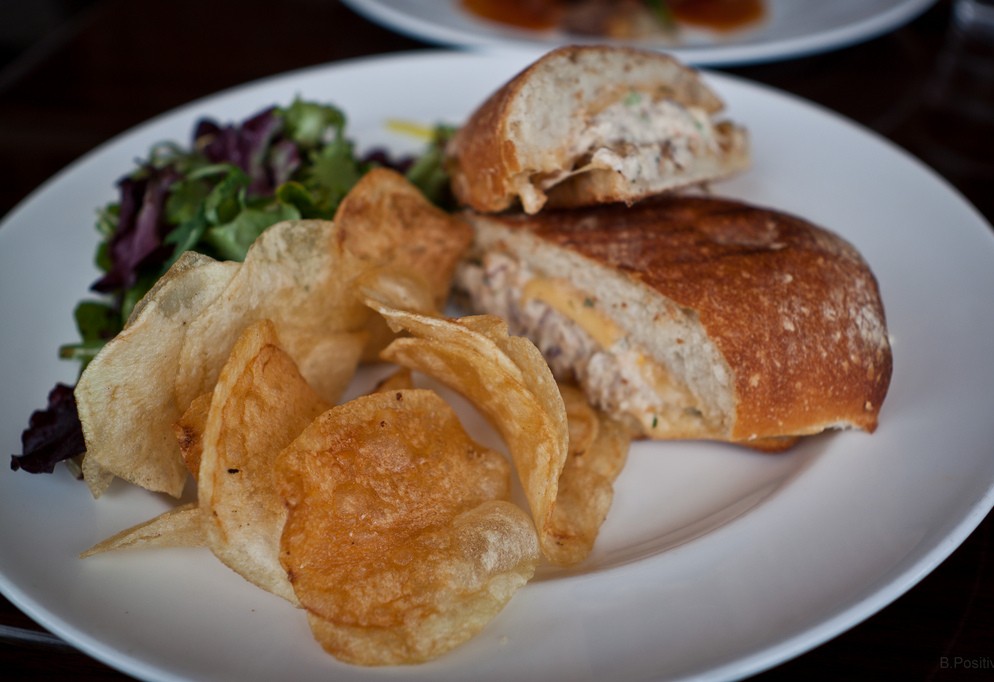
Tuna
Tuna is a good source of protein. It's been a go-to food for bodybuilders for year for that very reason, though concerns about mercury accumulation have made many people more cautious about how much tuna they eat. Twice a week should be fine, though. A can of tuna offers about 200 calories if they're canned in water, more if they're canned in oil. You'll also get 40g of protein, which is pretty good going! Tuna is a rich source of healthy oils like Omega-3 fatty acids, and it's extremely filling compared to its caloric content. That means it's an equally good choice whether you're trying to gain or lose weight.
- Important notification about information and brand names used in this slideshow!
- Photo courtesy of Richard by Flickr : www.flickr.com/photos/r_kim/8504910845/
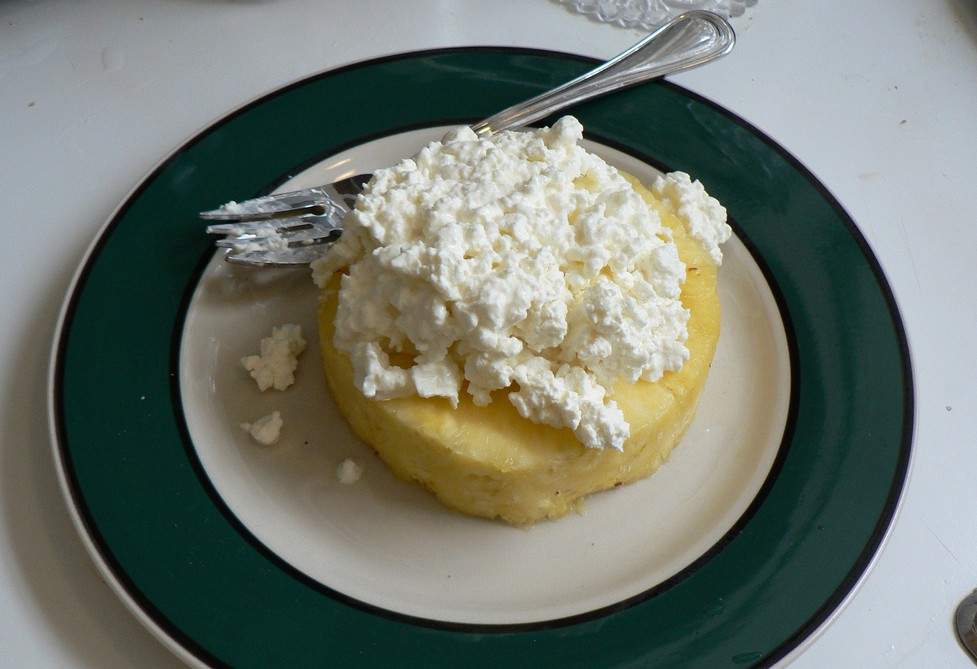
Cottage Cheese with Pineapple Chunks
Pineapple chunks are a great snack food but they're both a little sugary and a little insubstantial by themselves. pair them with cottage cheese for a smooth, tasty snack that can be prepared in advance and eaten out of the tub in seconds. You'll get the Vitamin C and thiamin from the pineapples, plus the sweetness of course: the cottage cheese will offer a decent amount of protein - about 20g from a normal serving, as well as some calcium, phosphorus and Vitamin B12. Overall, a serving comes in at about 200 calories, and with a good mix of protein and fibre this is a perfect snack for keeping you feeling fuller for longer.
- Important notification about information and brand names used in this slideshow!
- Photo courtesy of stu_spivack by Flickr : www.flickr.com/photos/stuart_spivack/96212740/


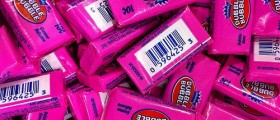


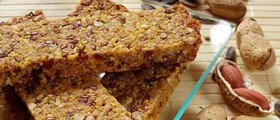

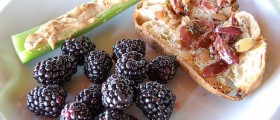
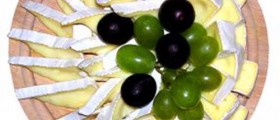


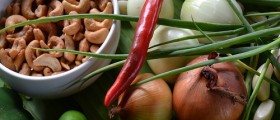
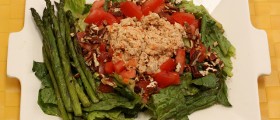


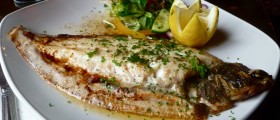
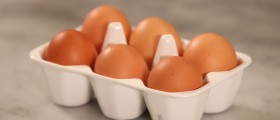
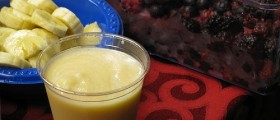
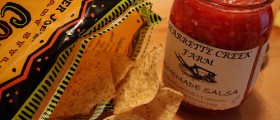
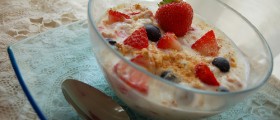
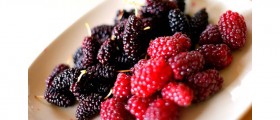
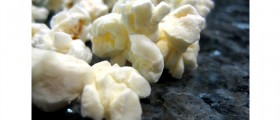

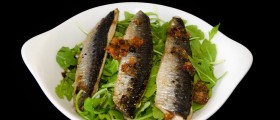
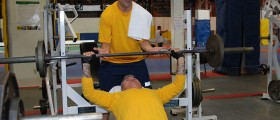


Your thoughts on this
Loading...